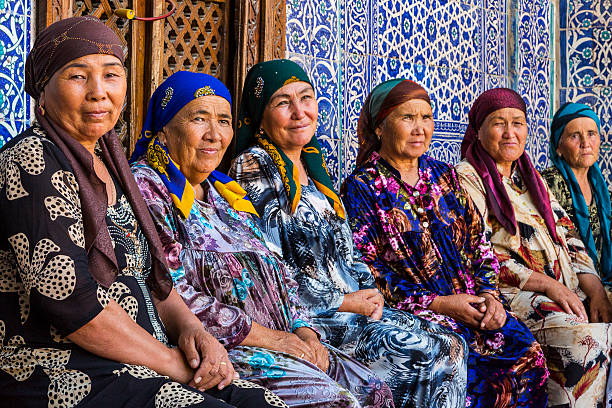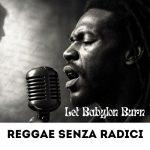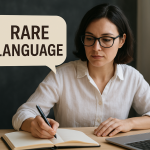Popular Posts
-
|

Unlocking Precision: The Subtle Art of Technical Translation
-
|

Top 10 interesting and unusual facts about the Russian language
-
|

Colonization
-
|

What will surprise you about the Czech language: 17 curious facts
-
|

8 interesting facts about the world’s languages
-
|

7 extinct languages with unique features
-
|

What are Muslim women allowed to do with non-Muslim men?
-
|

11 habits of Polish people that are surprising – and frightening
-
|

14 interesting facts about Uzbekistan and Uzbeks
-
|

Peculiarities of translation of technical documentation





